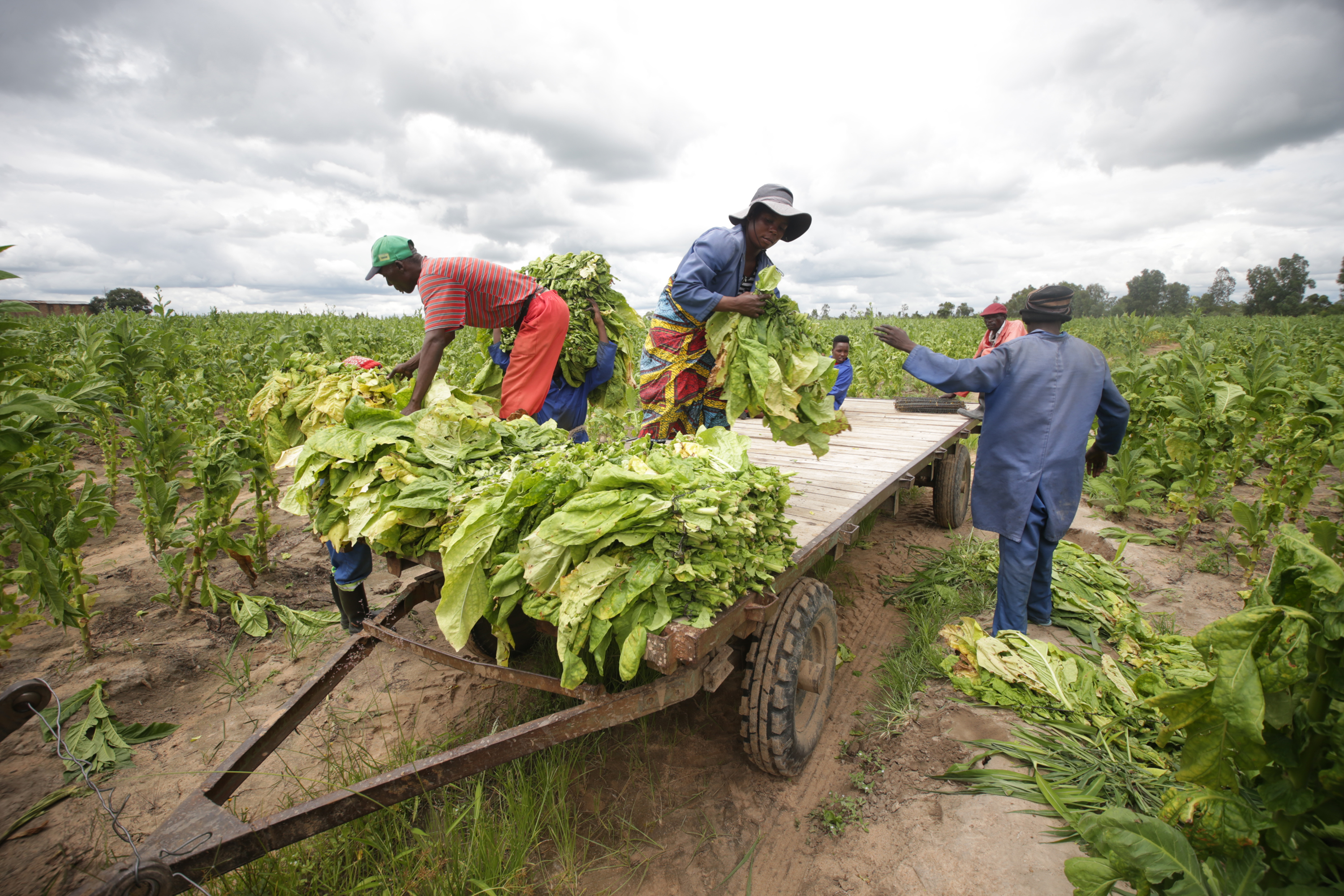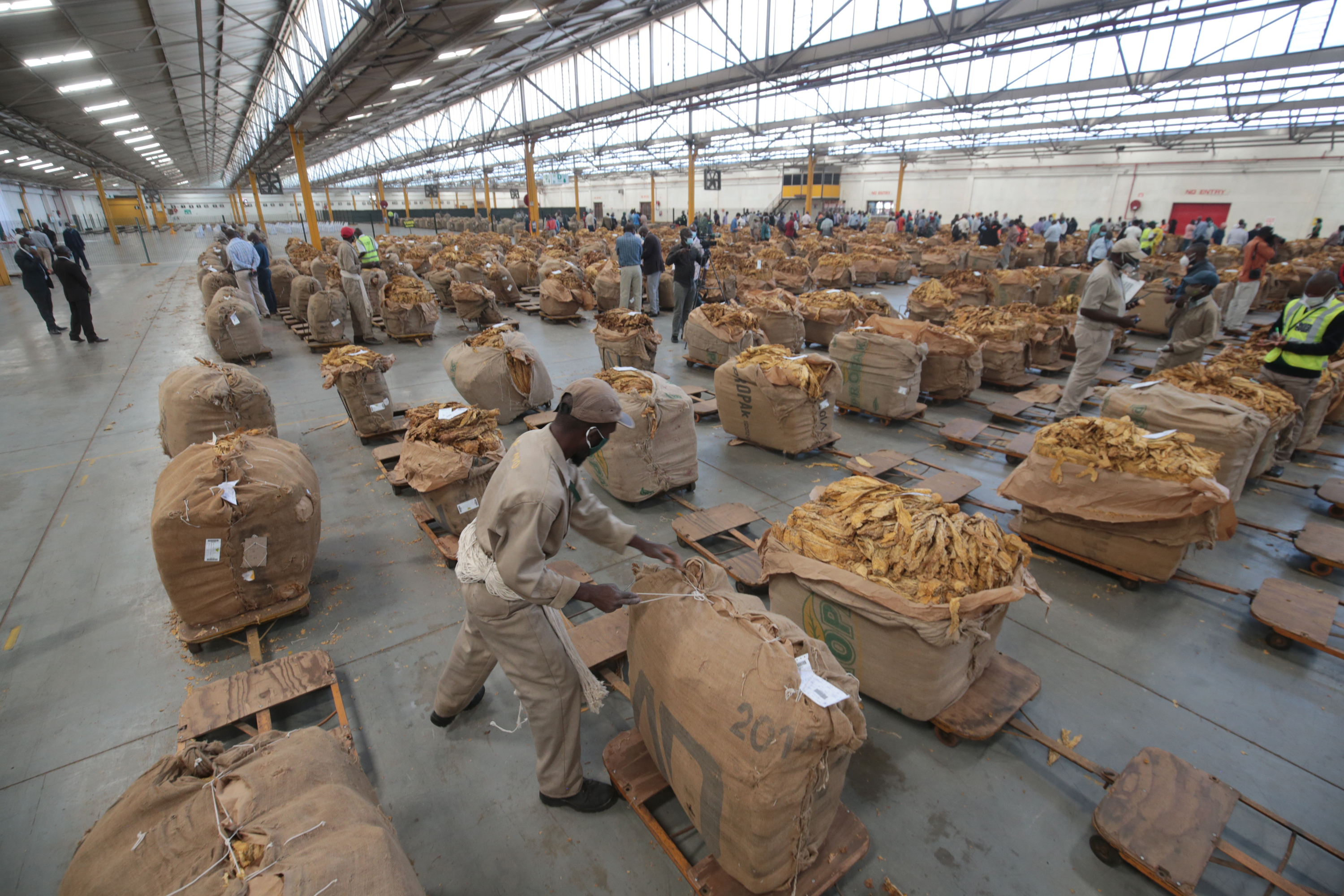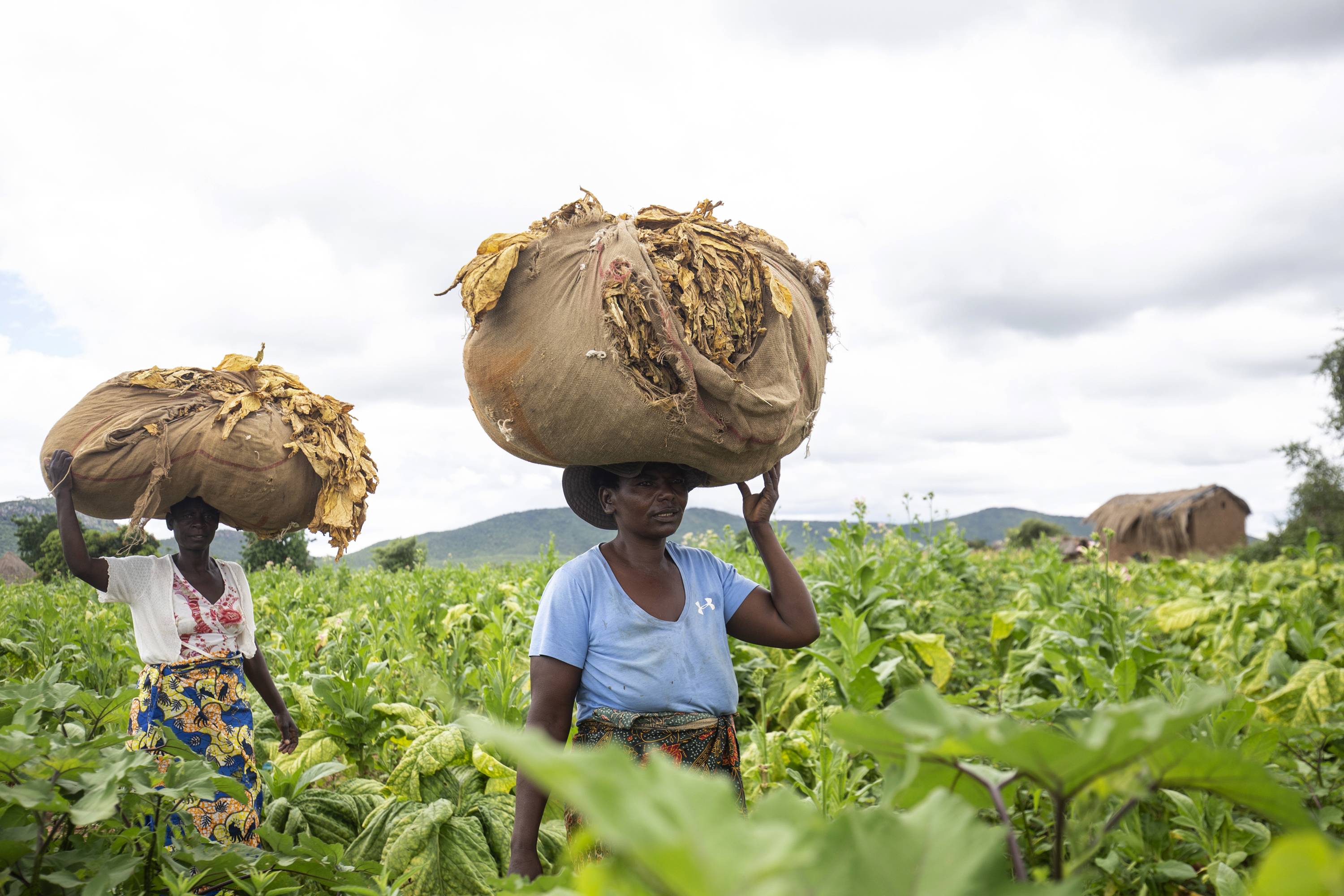In Zimbabwe, the majority of beneficiaries are small-scale black farmers, and they are often very productive. They now supply most of the tobacco that was previously the domain of white farmers. But they have received little or no support from government. Support has gone to the small number of farms now owned by the political elite. This is a form of rural State Capture with parallels to state capture under president Jacob Zuma.
Read Part one and two in this three-part series here:
Zimbabwe’s land grabs made Robert Mugabe the country’s biggest landowner
Diary of a land grab in Zimbabwe - a swathe of destruction with few success stories
But South African scholars have concluded that land reform here has also favoured elites rather than farm workers or small-scale black farmers.
“The (land reform) system has been captured by the elite,” wrote Advocate Tembeka Ngcukaitobi, SC, in Land Matters, South Africa’s failed land reform and the road ahead. “Women, who are meant to be the prime beneficiaries of land restitution, have been displaced from the queue by politicians and their cronies.”
Ngcukaitobi is referring to chiefs and traditional leaders as well as local politicians. “Despite the government having been advised by at least three credible research-based bodies that the correct approach is to redistribute (Ingonyama Trust land) directly to the communities occupying it, there is official reluctance, as the state yields to the pressure exerted by chiefs and traditional institutions,” he wrote.
Overall, South Africa’s land reform has had minimal impacts on poverty. There are now an estimated 400,000 farm workers in the formal farm sector, and about 200,000 black smallholder farmers who produce for the market (compared to 2 million who produce some extra food for their own use).
“Land reform has been captured by elites,” according to retired University of Western Cape Professor Ben Cousins. “The most powerful voices are those of emerging black capitalist farmers (often with non-farm incomes), traditional leaders, large-scale white commercial farmers and agribusiness corporates, who are all benefitting more than the poor.”
Farmworkers have seen their wages improve, but many have been evicted, and now are casual or seasonal workers not living on farms. The biggest beneficiaries have been owners of large-scale commercial farms and agribusiness enterprises.
 Workers load tobacco leaves onto a trailer at Little Knots farm in Norton, Zimbabwe, on 18 January 2023. (Photo: EPA-EFE / Aaron Ufumeli)
Workers load tobacco leaves onto a trailer at Little Knots farm in Norton, Zimbabwe, on 18 January 2023. (Photo: EPA-EFE / Aaron Ufumeli)
The forces that lead to elite enrichment in post-liberation countries are obviously extremely powerful and little recognised.
In the aftermath of liberation, both countries’ new governments lacked the political will to drive through a programme and stick with it until it succeeded.
Both also took office in an era of globalisation, with strong forces demanding a move towards less and less government — obviously a trend that inhibits a strong government-driven land reform programme.
Land reform agendas in South Africa were strongly influenced by resistance to forced removals for obvious reasons, rather than the economics of small scale agriculture and the role of common property resources.
After 1994, South Africa deregulated agriculture, removing government programmes that had subsidised white farmers. Government abolished subsidies for credit, inputs and exports, and did away with single marketing boards. It also attempted to enforce housing security for farm workers and later a minimum wage.
White farmers adapted as should have been expected — successful ones figured out ways to evict workers within the parameters of the Extension of Security of Tenure Act of 1997 and have done so in large numbers, and minimum wage requirements spurred farmers to greater mechanisation.
Between 100,000 and 250,000 rural households are estimated to have benefited from land transfers, including land restitution. Some traditional leaders of mineral resource-rich land have become members of a wealthy rural elite.
Tenure reform has been remarkably unsuccessful.
There are reports of widespread and state-supported corruption by traditional leaders in areas with significant mineral endowments. Chiefs are seeking to extend the territories under their control through large restitution claims lodged under the amended act of 2014.
Reformers propose that land reform and agriculture — food production — be linked, to be understood as part of the same process. Cousins and others argue that the first priorities need to be tenure reform and distribution of land to black small-scale farmers who have the most capacity to grow black agriculture.
Looking back, it seems that the key reasons land reform has not been done properly were because aspects are politically risky, because doing it properly is difficult and requires increased budget, and because the lobbies that have had most influence have been large-scale agriculture.
Farmworkers are weakly organised, and small-scale farmers’ interests are not adequately represented within organisations such as the African Farmers Association of SA (Afasa).
As a result, land reform experts point out that the beneficiaries have been largescale agriculture, white and sometimes black, and small-scale black farmers have never had the support they need.
 A general view of the first day of the tobacco selling season of 2021 at the Tobacco Sales Floor in Harare, Zimbabwe, on 7 April 2021. Tobacco is the country's biggest foreign currency earner. (Photo: EPA-EFE / Aaron Ufumeli)
A general view of the first day of the tobacco selling season of 2021 at the Tobacco Sales Floor in Harare, Zimbabwe, on 7 April 2021. Tobacco is the country's biggest foreign currency earner. (Photo: EPA-EFE / Aaron Ufumeli)
To grow black farming requires planning, training and extension services that include access to capital and credit markets, inputs, transport, and marketing.
Zimbabwe started off with advantages over South Africa — better agricultural extensions services, a better-educated population, and a considerable number of trained small-scale black farmers.
Cousins proposes government target the 200,000 to 250,000 black smallholders who, “against all odds, already produce crops and livestock for sale in markets. People in this category clearly have the potential … to provide a platform for increasing levels of output from labour-intensive farming.” They currently supply informal traders and loose value chains with less demanding requirements than formal markets and supermarket chains.
To level the playing field with large producers and corporate agribusiness, municipalities should provide markets and encourage the supply of small-scale farmers’ produce to institutions like schools, prisons and hospitals. With support, these small-scale producers will being to supply formal markets, grow and hire more workers.
Land reform needs prior planning for all the elements going into farming: capital, equipment, training, extension services, infrastructure, seed production, fertiliser and transport.
The more land under irrigation the better for job creation and poverty reduction. Tenure reform is needed to secure rights for women to not be dependent on male relatives or traditional leaders.
The National Development Plan, published in 2012, said one million new jobs could be created in agriculture, two-thirds in primary production, one third in secondary jobs in linked industries upstream.
It proposed adding 500,000 hectares of irrigation from the current level of 1.5 million, converting underused arable land in communal areas and land reform projects giving black farmers access to value chains, encouraging higher levels of support from white farmers and agribusiness for black farmers.
Unfortunately, it does not expand on how to increase tenure security of communal farmers, a political hot potato in the face of powerful traditional leaders.
Communal tenure reform focused on transferring land to traditional leadership structures, with community members offered only “statutory user rights.” This prevents farmers from using their land as collateral to borrow money.
The NDP predicted that the market for fresh vegetables will grow by 60% — a major opportunity requiring the reallocation of water rights. It saw substantial opportunities in citrus, table grapes, subtropical fruit and vegetables, smaller labour-intensive crops like nuts, berries, olives and figs and rooibos tea, and labour-extensive subsectors like poultry and grains and oilseeds.
Rhetoric about land reform for smallholders disguised the complete neglect of small-scale producers, and funds for comprehensive support have largely been directed to a minority of larger-scale producers, Cousins said. Radical-sounding policy statements “disguise the elite bias of current policies”.
As for the political calls to change the constitution to allow for confiscation without compensation, Cousins said that “insufficient political will is more of a constraint than the constitution.” DM
John Matisonn began his career on the Rand Daily Mail, received a prison sentence for refusing to divulge a source in the Muldergate scandal, and spent six years as a foreign correspondent in Washington DC before returning home as a foreign correspondent. After four years as a regulator on what is now the Independent Communications Authority of South Africa (formerly the Independent Broadcasting Authority), he had two tours in Afghanistan as a senior United Nations official. Matisonn has published two books, God, Spies and Lies, Finding South Africa’s Future Through its Past, and Cyril’s Choices, an Agenda for Reform. He is currently working on developmental policies to revive the South African economy.




 A general view of the first day of the tobacco selling season of 2021 at the Tobacco Sales Floor in Harare, Zimbabwe, on 7 April 2021. Tobacco is the country's biggest foreign currency earner. (Photo: EPA-EFE/Aaron Ufumeli)
A general view of the first day of the tobacco selling season of 2021 at the Tobacco Sales Floor in Harare, Zimbabwe, on 7 April 2021. Tobacco is the country's biggest foreign currency earner. (Photo: EPA-EFE/Aaron Ufumeli) 